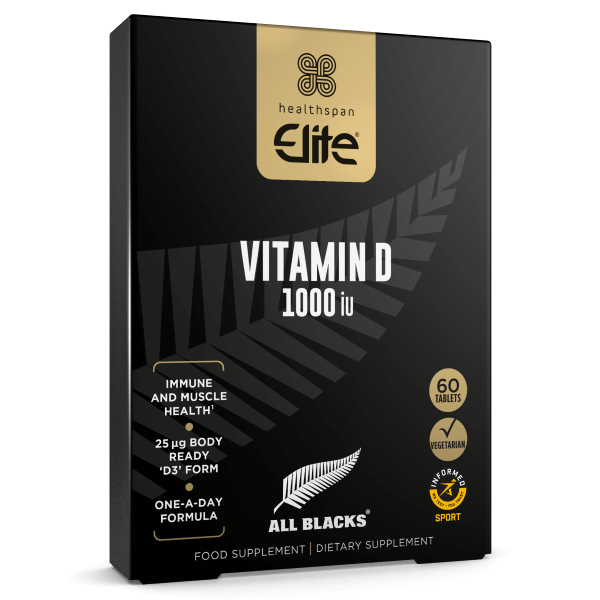Historically vitamin D was thought only to control calcium metabolism. Now it is recognized to regulate literally hundreds of genes that impact everything from bone strength to our immune system. For athletes there is now evidence that vitamin D also impacts muscle function, strength and speed, as well as body composition.
According to the 2011 National Diet and Nutrition Survey, 90% of the general population in the UK have insufficient serum levels (20-30ng/ml) and, depending on the group studied, 5-20% are severely deficient (less than 20ng/ml). Willis et al1, have found similar levels in athletes. 77% of German gymnasts had 25(OH)D levels below 35ng/ml and a staggering 37% had levels below 10ng/ml.
Given this backdrop and the potential impact on performance we have gone on to look at the levels of vitamin D in two groups of British based athletes in professional football and rugby union. Below in table 1 are the results from the initial screening investigations:
Table 1
| Worcester Warriors RFU | Hull Tigers AFC |
| 12% deficient | 13% deficient |
| 12% insufficient | 25% insufficient |
| 76% suboptimal | 45% suboptimal |
| 0% optimal | 17% optimal |
After three months of Vitamin D supplementation the results were greatly improved:
Table 2
| Worcester Warriors RFU | Hull Tigers AFC |
| 2% deficient | 0% deficient |
| 10% insufficient | 6% insufficient |
| 19% suboptimal | 12% suboptimal |
| 69% optimal | 82% optimal |
Note: Within this observation time there were a number of new members who joined each squad and these were predominately responsible for the lower levels in the follow-up data.
As a consequence of this intervention it was identified that there was:
- A 25% reduction in all infections in the subsequent 12 months
- A further 30% reduction of infection rates in subsequent season
- Incidence of Upper Respiratory Tract Infections (URTI) reduced by 60%
- Reduction in non-training days due to URTI by 80%
It is clear that, like in the general population, most athletes struggle to achieve optimal levels (30-50ng/ml) of vitamin D. Most vitamin D is manufactured from our skin's exposure to summer sunlight and diet plays a very small role as a source. In light of this it is important to understand the annual variation of levels in athletes and to adequately supplement this vitamin in those who are found to have low levels to ensure optimal performance both on and off the field of play. Typically athletes require 1000-2000IU per day to achieve and adequate serum level of Vitamin D3.

All Blacks Vitamin D 1000iu
The sunshine vitamin: an essential nutrient that supports your immune health and normal muscles and bones
- Supports your immune, muscle and bone health
- 1000iu (25mcg) of vitamin D3, the body-ready form
- One-a-day formulation, suitable for vegetarians









